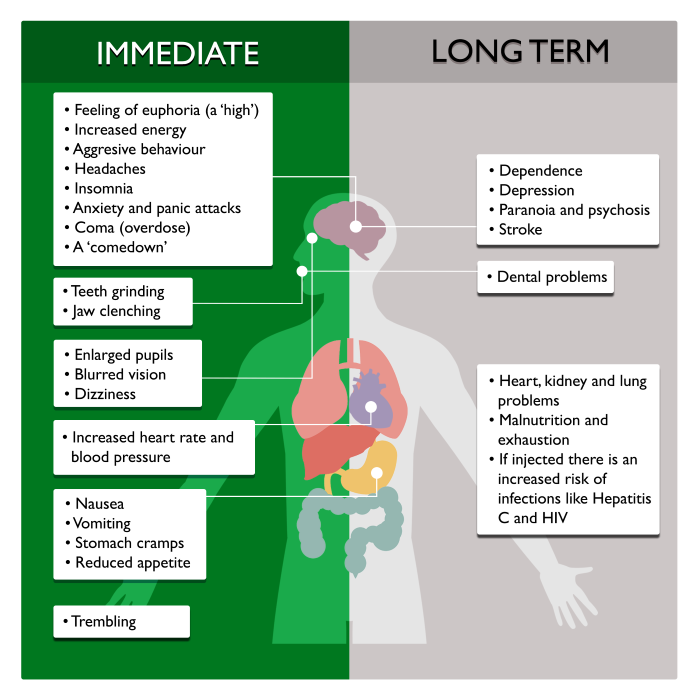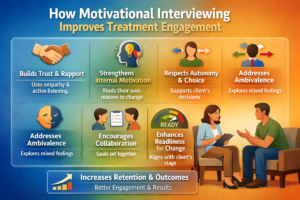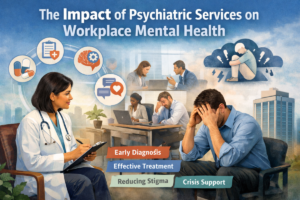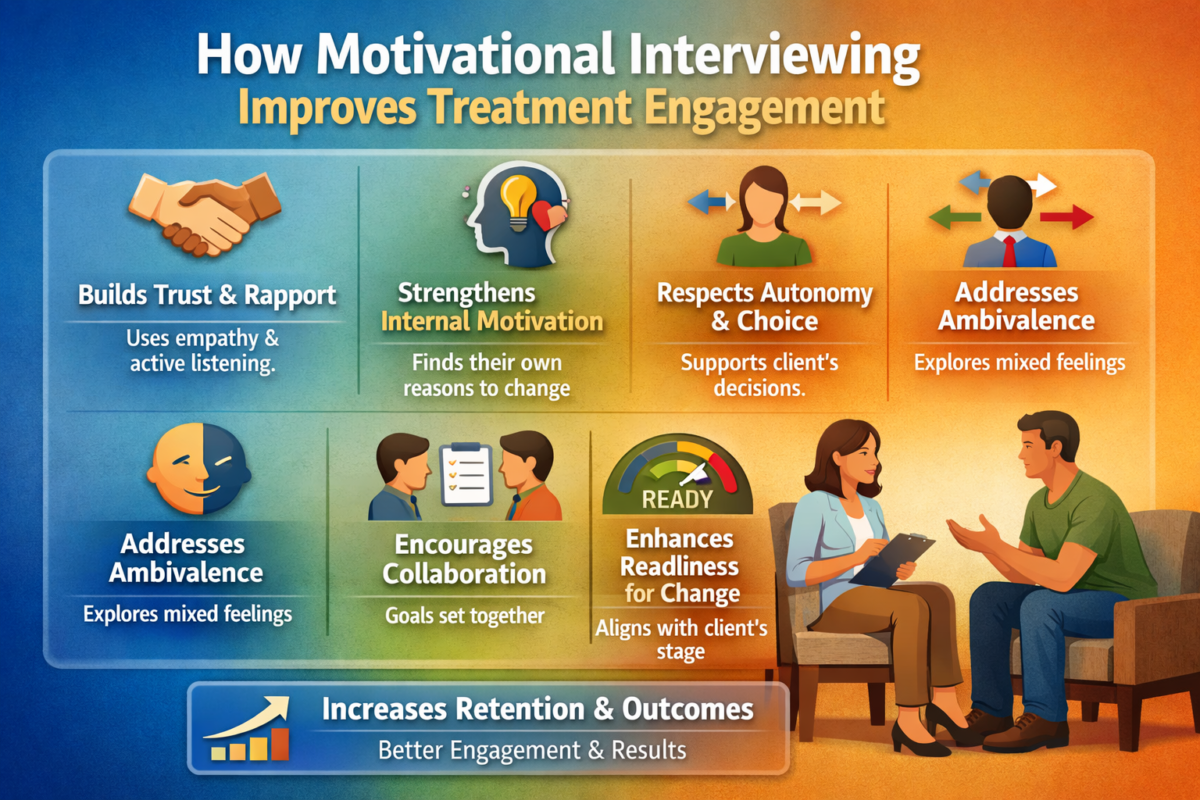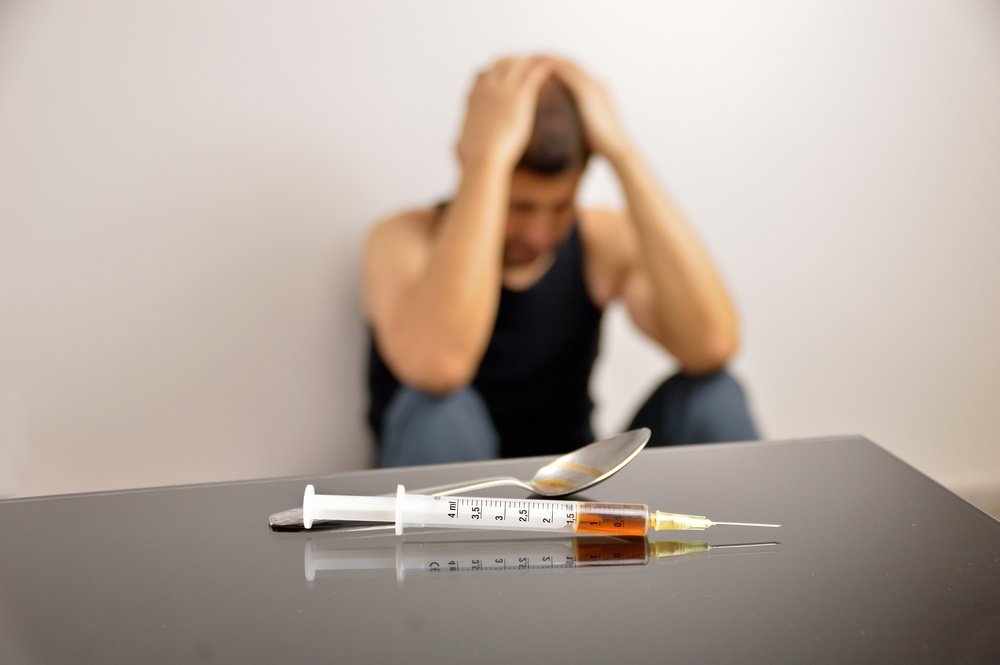Introduction: Understanding the Methamphetamine Crisis
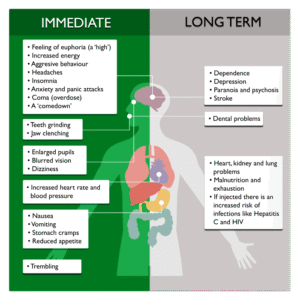
Methamphetamine, commonly known as meth or crystal meth, has emerged as one of the most destructive illicit drugs worldwide. Its highly addictive nature and devastating impact on both the body and mind make it a major public health concern. At New Hope Rehab and Caring Center Islamabad, we witness first-hand the severe consequences of prolonged meth use — but we also see the power of recovery when the right treatment is provided.
What is Methamphetamine and How It Affects the Body
Methamphetamine is a powerful central nervous system stimulant. It increases dopamine levels in the brain, producing intense euphoria. Unfortunately, this temporary high comes at the cost of long-term health, often leading to irreversible damage.
Short-Term Effects of Meth Use
-
Increased heart rate and blood pressure
-
Elevated body temperature
-
Intense bursts of energy
-
Loss of appetite
-
Mood swings and agitation
Why Meth is Highly Addictive
Meth floods the brain with dopamine — the “feel-good” neurotransmitter. Over time, the brain becomes dependent on the drug to feel pleasure, making quitting extremely challenging.
Physical Health Risks of Long-Term Methamphetamine Use
Cardiovascular Complications
Long-term meth use significantly increases the risk of heart attacks, arrhythmias, and stroke. Chronic stimulation of the heart can lead to fatal cardiac events even in young individuals.
Severe Dental Problems (“Meth Mouth”)
Meth reduces saliva production and damages oral tissues, leading to tooth decay, gum disease, and tooth loss — a hallmark sign of long-term use.
Skin Sores and Infections
Users often experience intense itching, leading to open sores and skin infections. Poor hygiene further aggravates these issues.
Weight Loss and Malnutrition
Meth suppresses appetite, often causing extreme weight loss, nutrient deficiencies, and a weakened immune system.
Mental Health Risks of Long-Term Methamphetamine Use
Anxiety, Paranoia, and Hallucinations
Chronic meth use can cause severe psychiatric symptoms, including delusions, panic attacks, and a constant state of fear.
Depression and Emotional Instability
When meth wears off, dopamine levels crash, leading to deep depression, irritability, and hopelessness.
Cognitive Decline and Memory Loss
Over time, meth damages brain cells responsible for learning and memory, making it difficult to concentrate or retain new information.
Increased Risk of Psychosis
Prolonged use can cause meth-induced psychosis, where individuals lose touch with reality, sometimes permanently.
The Social and Emotional Toll of Meth Addiction
Meth doesn’t only harm the user’s body and mind — it destroys relationships, careers, and reputations. Family bonds are often broken, financial stability collapses, and users may face legal troubles.
Effective Treatment Options for Methamphetamine Addiction
Medical Detox Programs
Supervised detoxification ensures a safe withdrawal process while managing severe withdrawal symptoms like fatigue, depression, and cravings.
Behavioral Therapy and Counseling
Approaches such as Cognitive Behavioral Therapy (CBT) help address the root causes of addiction and teach coping skills.
Holistic Recovery Approaches
Incorporating exercise, nutrition, meditation, and support groups helps restore physical and emotional health.
Why New Hope Rehab and Caring Center Islamabad is the Best Drug Addiction Treatment Center in Islamabad
At New Hope Rehab and Caring Center Islamabad, we combine medical expertise, compassionate care, and modern rehabilitation techniques to help individuals overcome methamphetamine addiction. Our personalized recovery plans address physical, mental, and emotional needs, ensuring a holistic path to lasting sobriety.
FAQs on Methamphetamine Addiction
1. What are the first signs of meth addiction?
Increased energy, insomnia, loss of appetite, paranoia, and mood swings.
2. Can meth addiction be cured?
With proper treatment, many individuals recover and live drug-free lives, though relapse prevention is essential.
3. How long does meth stay in the system?
Typically 2–4 days, but heavy users may test positive for a week or more.
4. Is meth withdrawal dangerous?
It can be extremely challenging, especially mentally, so professional detox is recommended.
5. What is the most effective treatment for meth addiction?
A combination of medical detox, behavioral therapy, and continuous support.
6. How can families support a loved one in recovery?
Offer emotional support, avoid enabling behaviors, and encourage professional treatment.
Conclusion and Call to Action
Long-term methamphetamine use destroys lives — but recovery is possible with the right help. At New Hope Rehab and Caring Center Islamabad, we are dedicated to helping individuals break free from addiction and reclaim their future. If you or someone you love is struggling, reach out today and take the first step toward healing.

